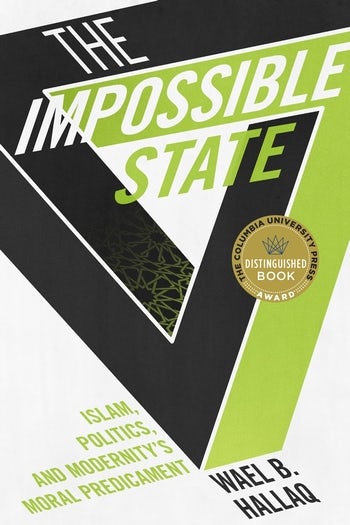Eneru
Member
Currently reading 1984 by George Orwell. What a phenomenal book to read. It hooked me directly from the beginning. I'm about 300 pages (near the end) in and I'm curious how it's going to end with Winston.
This is the first book I read from start to (almost) the end since a long time. When I moved out and lost my bathtub I stopped reading and I always wanted to go back as it's the best thing you can do.
So I started "a challenge" with my girlfriend. Every day we read 10 pages and talk about what happened in those pages. And it works. Feels great to be back.
Not sure what we're going to read next. Maybe another classic maybe something else.
This is the first book I read from start to (almost) the end since a long time. When I moved out and lost my bathtub I stopped reading and I always wanted to go back as it's the best thing you can do.
So I started "a challenge" with my girlfriend. Every day we read 10 pages and talk about what happened in those pages. And it works. Feels great to be back.
Not sure what we're going to read next. Maybe another classic maybe something else.

























